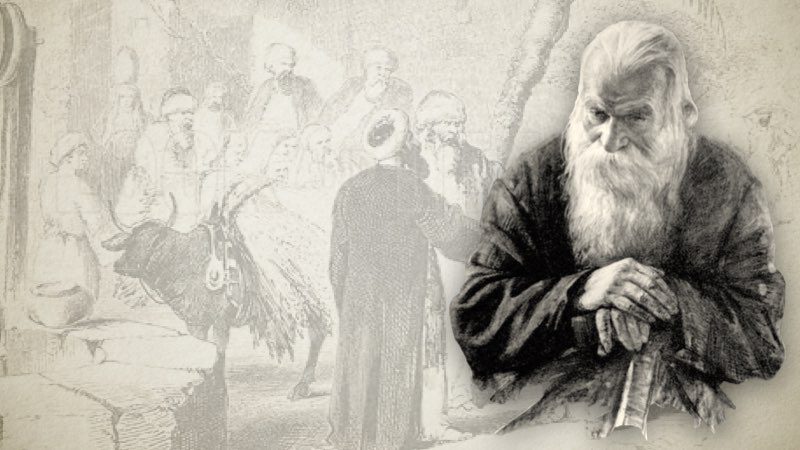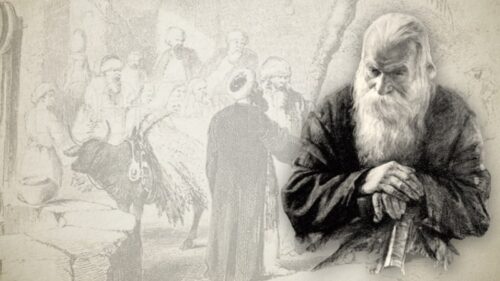
An Introduction To Eldership
It is commonplace to hear it staunchly affirmed by preachers that the term elder is one and the same with bishop and pastor; that the term is usually used in the plural, indicating the early churches were overseen by a plurality of elders. Hence, it is argued, if churches today are to reflect the most Scriptural form of governance, then elders must be appointed as overseers.
• Some believe there is parity among the elders, wherein all share equal authority as teachers/rulers; whereas others believe there is a difference between the elders, wherein some are set apart with a gift for teaching and others with a gift for ruling.
• Some will only use the title Elder to identify the office, whereas others will also use the title Pastor when referring to the leading Elder.
• Some view the elders as the main overseers of the spiritual and material needs of the church, assisted by a group of deacons; whereas others view the elders as overseers of the spiritual matters, and the deacons as managers of the financial and material aspects of ministry.
Although these variant views can be somewhat involved and confusing, the most alarming notion maintained by some advocates is the sacred position to which the eldership is elevated. Such advocates assert that this elite group of men, having been specially gifted by God and appointed by the church, are capable of arriving at infallible decisions for the church. Subsequently, the congregation would be declared in rebellion against God if found in disagreement with the elders.[1]
However, none of the foregoing views depict the way Baptist churches have historically been governed. Up until the mid- twentieth century, Baptist churches have invariably recognized the oversight of one pastor, assisted by a group of deacons. On occasion, assistant/associate pastors were appointed if the size of the congregation required it. However, never did these churches recognize the type of convoluted governance set forth by today’s eldership advocates.[2]
This pamphlet is designed to expose the fallacious apprehension of those calling for elderships. I intend to prove that Baptist churches should never appoint men to serve an office of elders. The forthcoming lengthier publication will address the problem in depth, but for pocket-sized convenience, my case is briefly comprehended in the following seven reasons.
——————————-
[1] This view is advanced by Ray Stedman in his letter to William Hyatt on eldership—“Notes from a 1992 PBC Pastors’ Conference”.
[2] While there are exceptions to the rule, yet exceptions serve to prove the rule. The Metropolitan Tabernacle, under the pastoral ministry of Charles Spurgeon, is one such exception. However, even Spurgeon’s understanding on how elders were to function is very different from that set forth by advocates today.
Jared Smith served twenty years as pastor of a Strict and Particular Baptist church in Kensington (London, England). He now serves as an Evangelist in the Philippines, preaching the gospel, organizing churches and training gospel preachers.
Jared Smith on Eldership
Jared Smith on the Biblical Covenants
Jared Smith on the Gospel Law
Jared Smith on the Gospel Message
Jared Smith on Various Issues
Jared Smith, Covenant Baptist Church, Philippines
Jared Smith on Bible Doctrine
Jared Smith on Bible Reading
Jared Smith's Studies in Romans
Jared Smith's Hymn Studies
Jared Smith's Maternal Ancestry (Complete)
Jared Smith's Sermons





